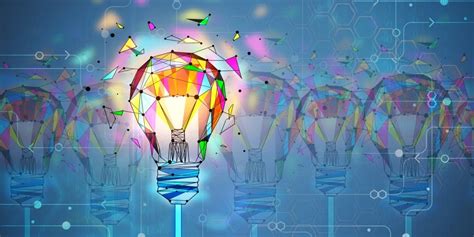Category: Innovation
-
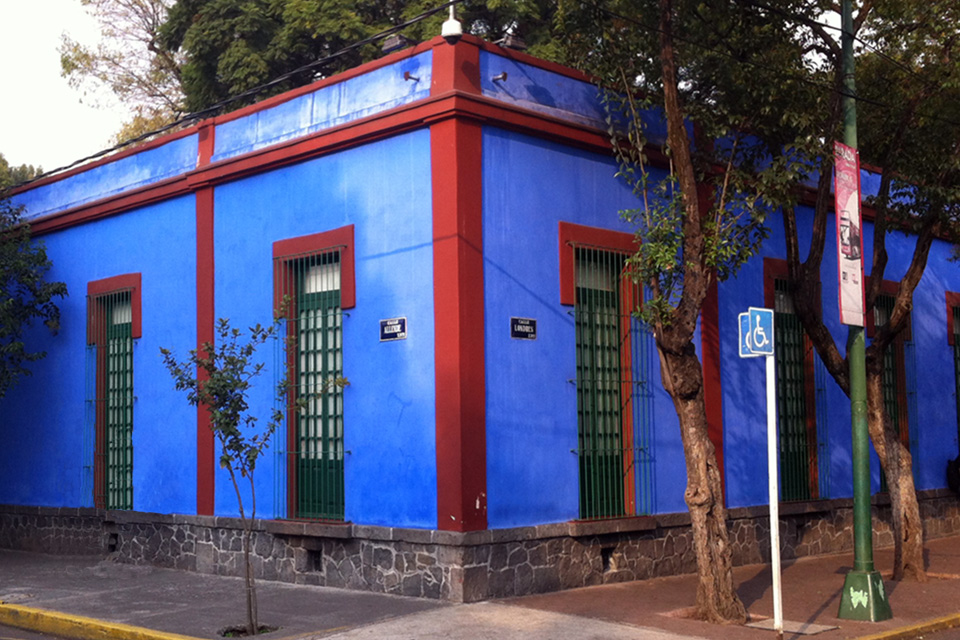
Cabbies in Mexico City and Beyond – II
Locals loudly complain about traffic in Mexico City, especially during peak hours. That is also less than ideal for app-driven cabbies. However, I usually tell both cohorts that, comparatively speaking, traffic in the City is not that bad. The situation in other large cities in the Global South I have visited is much worse. In…
-
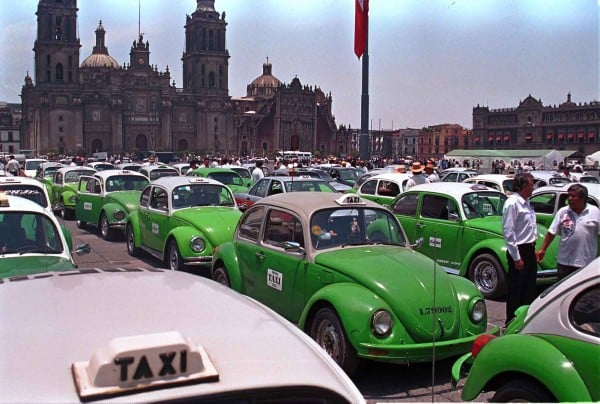
Cabbies in Mexico City and Beyond
Almost two decades ago, an army of green VW Beetles operating as taxis swarmed Mexico City like an ant colony in permanent search of the next meal—except cab drivers were not working in teams but competing intensively to get the next customer. Estimates suggest that half of the almost 100k taxis endlessly circulating the City…
-
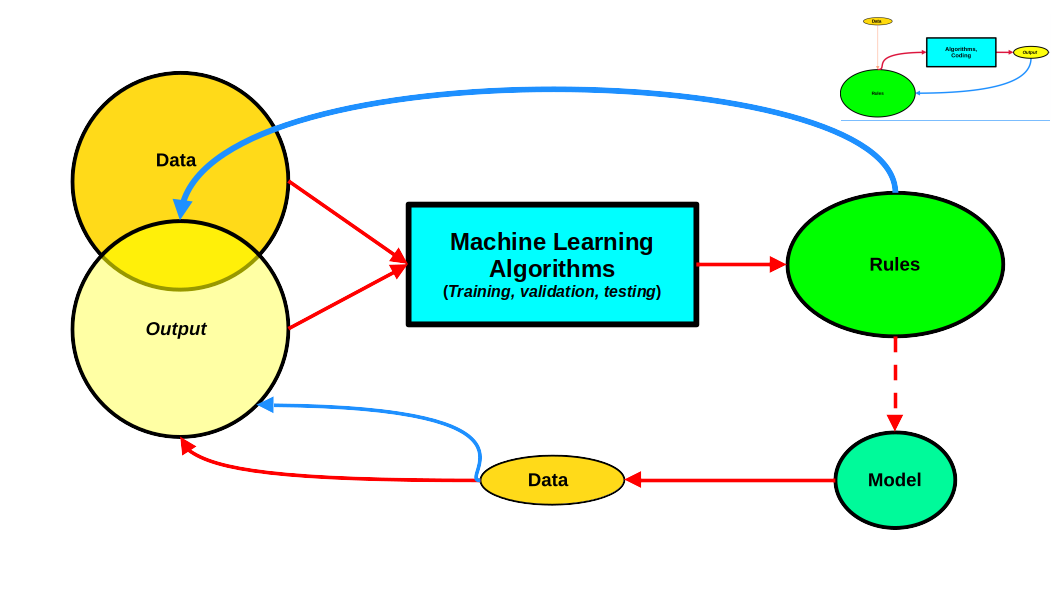
Programming – Yesterday, Today and Tomorrow (maybe) – II
Today Expert systems, an integral part of AI, are one of the best examples of rules-based programming. The core idea is to have a computer system that can provide the same depth of knowledge as top-notch human experts on a field-by-field basis. In theory, I should be able to build one of those beasts for…
-
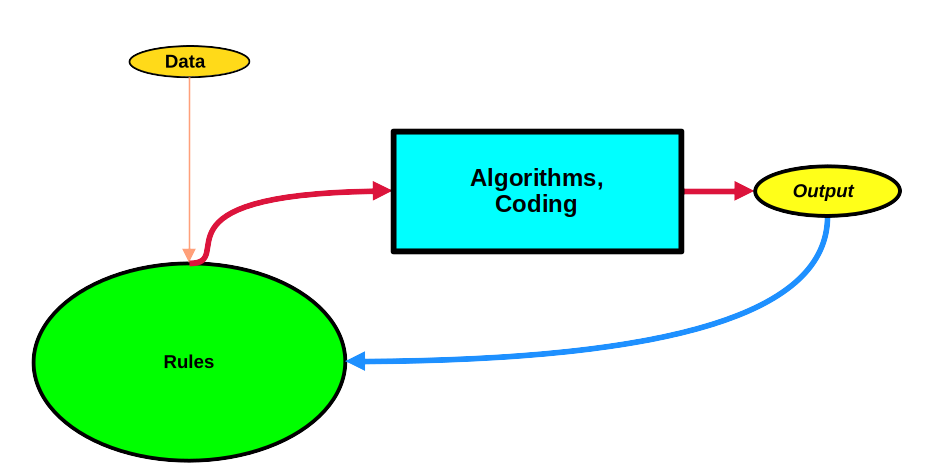
Programming – Yesterday, Today and Tomorrow (maybe) – I
Yesterday I accidentally learned how to master computer programming. I was finishing high school and faced the daunting decision of choosing a study field. As my father was an engineer, I leaned toward the same area. However, my passion for music dominated my then-minimalistic environment. I was thus more inclined to go for electronic engineering—not…
-

ChatGPT’s New Version
Yesterday, OpenAI released a new iteration of ChatGPT, version 3.5. To quickly check, I decided to ask some of the same questions I did back in December. The table below compares the results. ChatGPT November 2022 v3.0 January 30 2023, v3.5 1. Can you perceive any gaps in your training? As a computational agent, I…
-

More Light on Financial Inclusion
In a couple of recent posts, I briefly traced the history of financial inclusion and its links to the emergence and diffusion of digital technologies. A recently published book by Nick Bernards tackles the same issue more comprehensively while taking a more critical perspective. His departing point, however, is not financial inclusion but rather poverty…
-
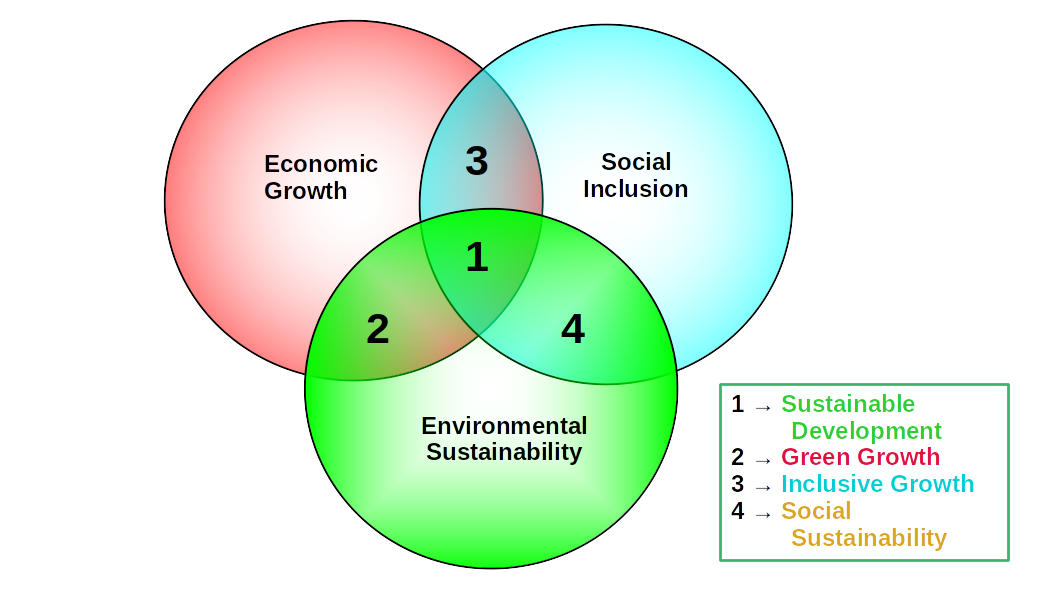
Digital Technologies and Sustainable Development
1. Overall context Much water has already gone under the bridge on this topic. Yet the flow shows no signs of coming to a halt soon. In the early days of the so-called “Internet revolution,” only a few were connecting the two. At the 1992 UN Earth Summit in Rio de Janeiro, which I had…
-

Financial Inclusion and Democratizing Finance – II
Where are the banks? It seems paradoxical that the mainstream history of micro-finance/financial inclusion does not consider banks. After all, banks are supposed to “bank the unbanked.” So banks are not only missing from such a narrative. They are also missing in action on the ground. In principle, banks are the institutions that should cater…
-

Open Data and Big Pharma
In 1980, the U.S. Congress passed the Bayh-Dole Act that modified patent and trademark law by allowing universities and small businesses to own inventions created under the funding of the Federal Government. Its core idea was to expedite the commercialization of innovations as the country, according to bill supporters, was seemingly falling behind Japan and…
-
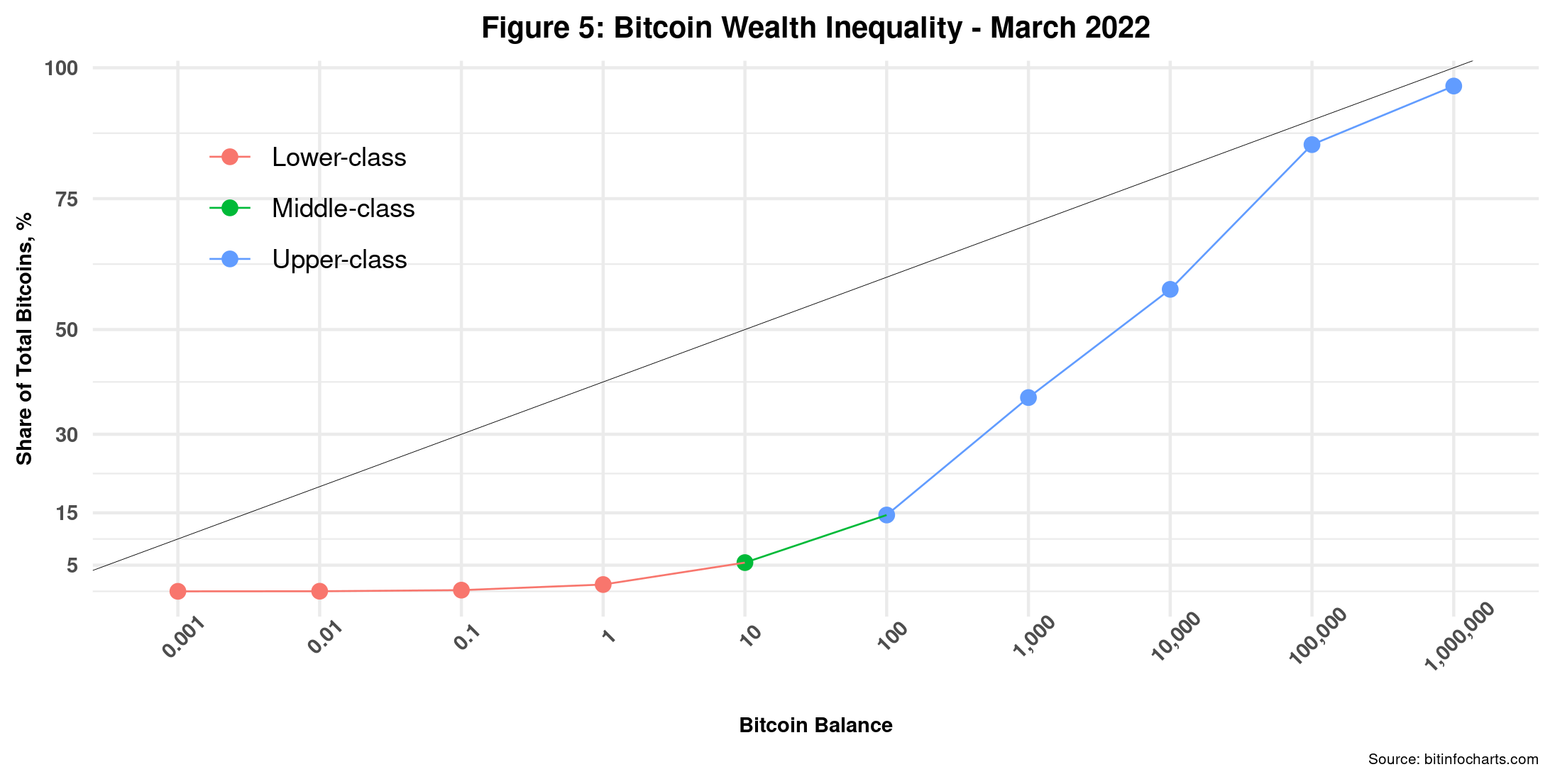
More Bitcoin Inequality
While still prone to seemingly unpredictable dynamics, Bitcoin’s price seems to have found a new center of gravity in the last year. Since February 2021, the Cryptocurrency has oscillated around 4ok per unit, give or take. It peaked at 67.5k last November and then went down to 35k just a couple of months ago. At…
-
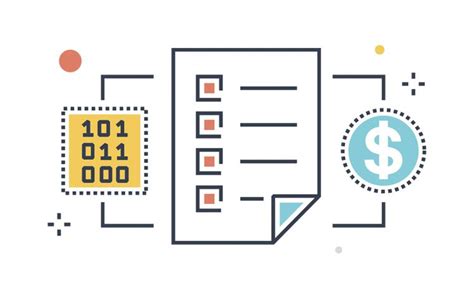
Blockchain Adoption in the Public Sector – II
Regulatory frameworks are usually perceived as counter-productive and even nefarious by innovators, pundits and followers. Together they will go out of their way to stop them, arguing that their impact on innovation is lethal, as discussed in a previous post. One could say that such a view finds more ground on ideology than on actual…
-

Blockchain Adoption in the Public Sector – I
Over ten years after its creation, the hype on Blockchain Technology (BCT) continues to dominate the scene compared to actual implementation. However, that does not necessarily imply it has remained immune to change. At the very onset, Cryptocurrencies, led by Bitcoin, were the main attention magnets. Not surprisingly as, after all, the goal of its…
-

Waiting for yet another Industrial Revolution
The PC revolution. The Internet revolution. The mobile revolution. The social media revolution. The blockchain revolution. And the AI re-revolution. We seem to be living in times of Permanent Revolution. Also reminds me of the Age of Revolution that thrived a couple of centuries ago. Back then, social uprising calling for regime change was the…
-

Carbon Removal Policies for the U.S?
Founded almost 40 years ago with the financial support of the MacArthur Foundation, the World Resources Institute (WRI) is one of the U.S most prominent research organizations working on environmental issues since its inception. The entity centers its efforts on scientific research and development while explicitly ignoring “ideology” or fostering activism. WRI has a wide…
